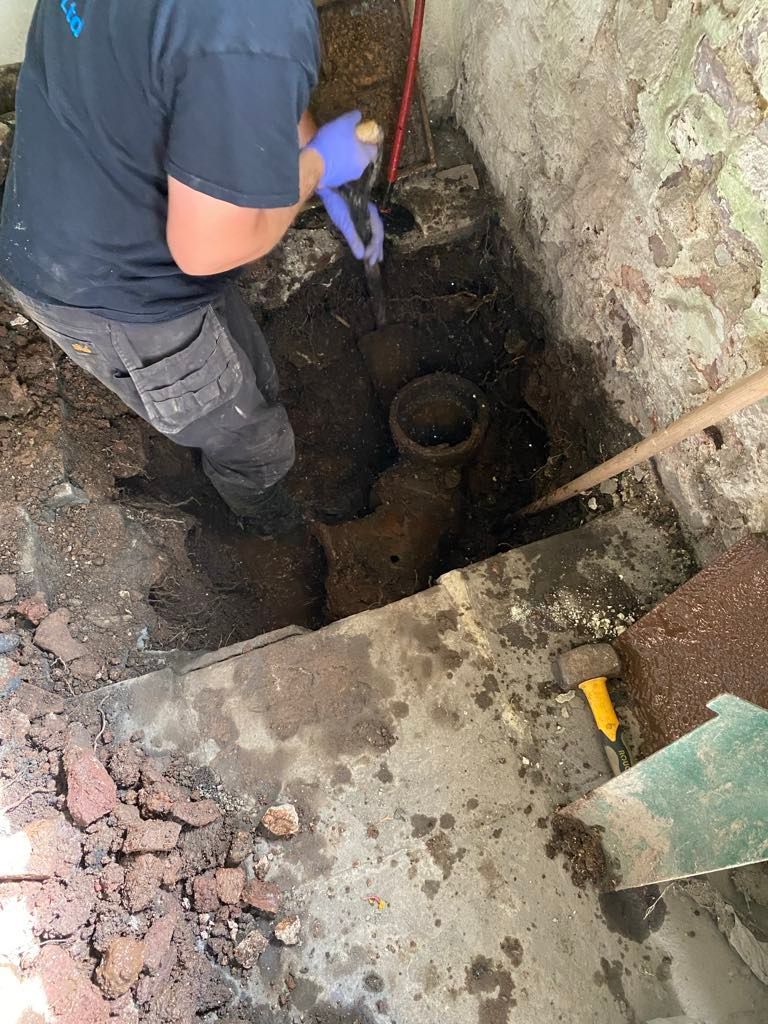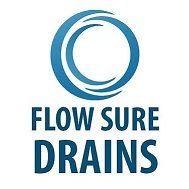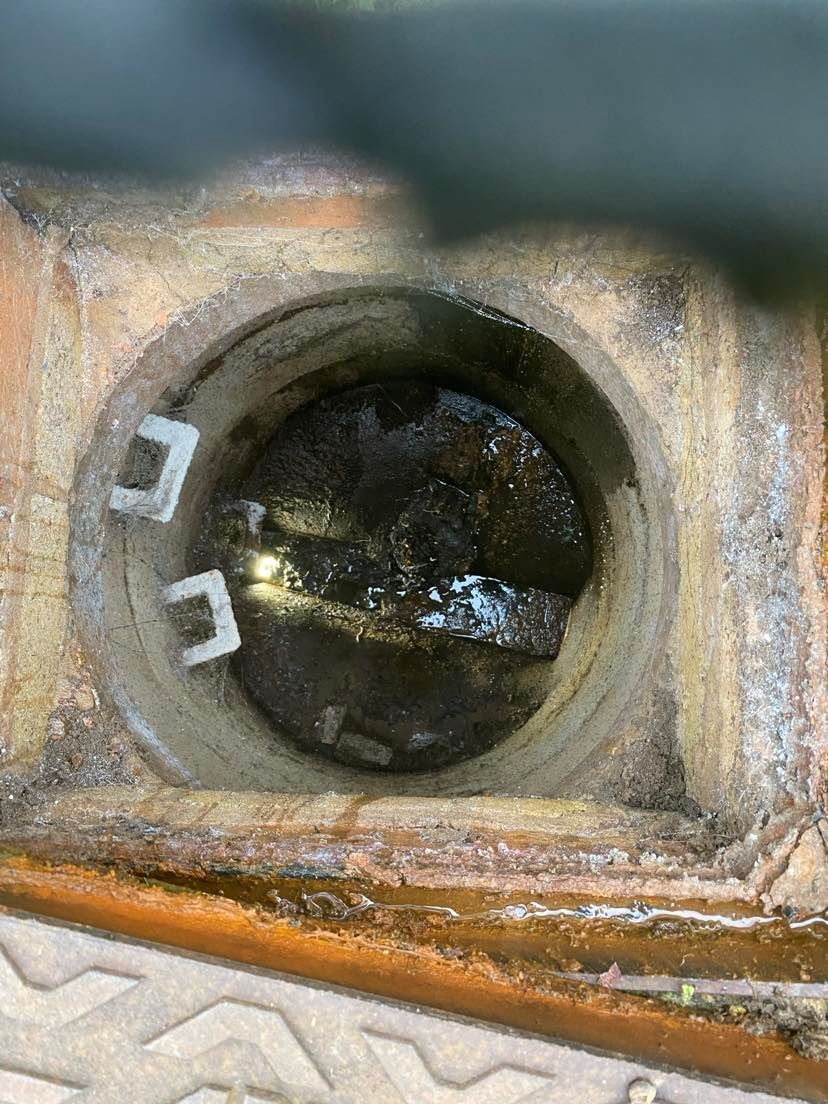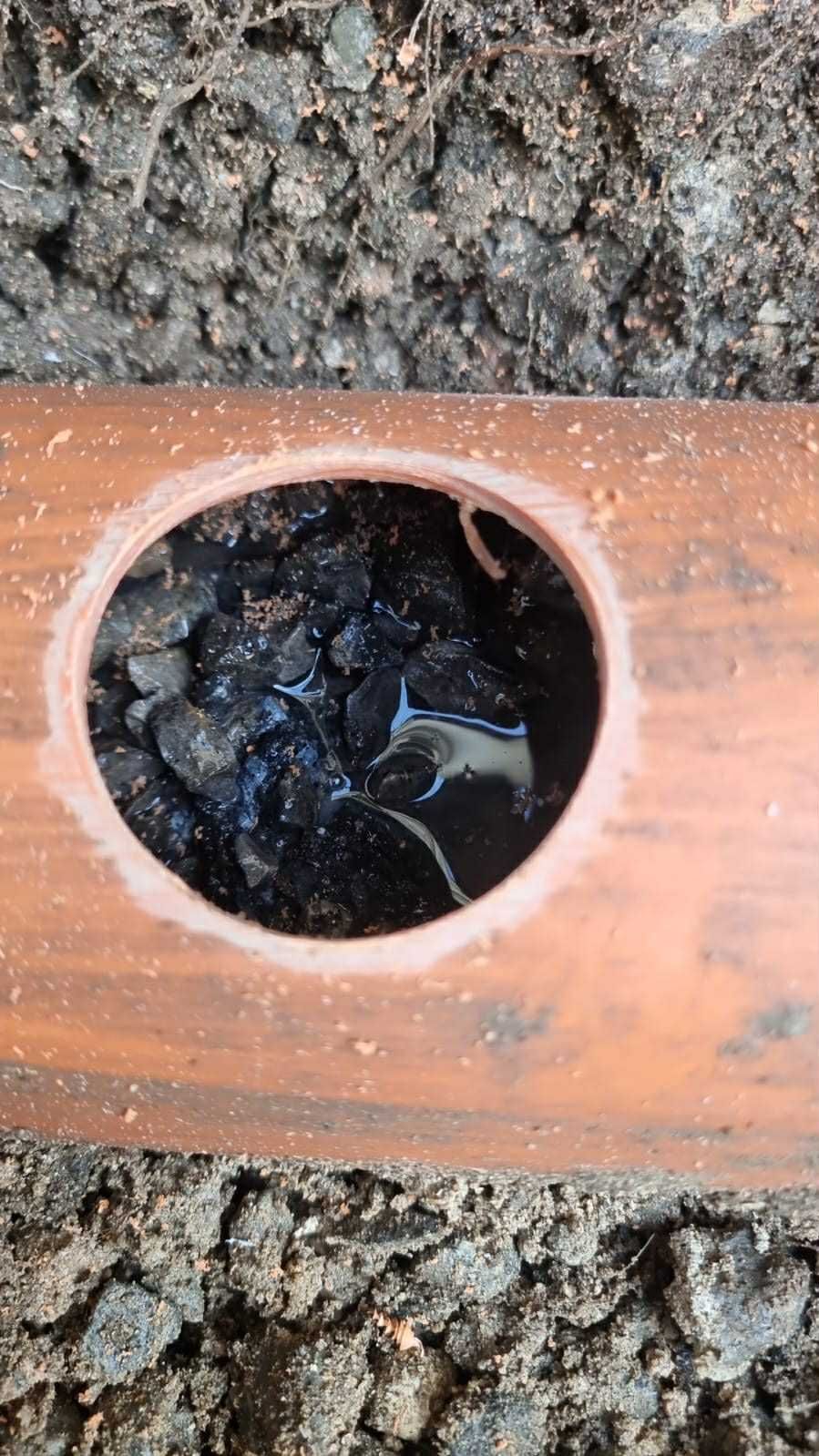Expert Advice from Flow Sure Drains, Local Bristol Drain Unblocking Specialist
August 12, 2020

Have you noticed the water taking longer than usual to drain out of the bathroom basin or tub? Perhaps you have concerns about strange smells coming up from the kitchen sink.
Gurgling sounds, strange smells, and slowly draining water are all signs pointing to a blockage somewhere along your pipes. Blocked drains are a common issue that can be a minor inconvenience or a sign of a more significant problem.
The following tips should help you get the water flowing again, but when in doubt, get in touch with Flow Sure drains for a more thorough investigation.
Clearing Blocked Drains
Fat and oil deposits are prime suspects in a slow draining kitchen sink, and hair build-up is the main culprit in the bathroom. Most of the time, you can clear these blockages yourself with simple tools and a little know-how.
One tool every household should have is a plumber’s plunger. If you suspect a blockage, use a plunger over the drain. The intense suction action might be all that's needed to break up the clog into smaller pieces and send them on their merry way.
Plungers can also work wonders in the kitchen, but boiling water poured down the drain will melt any fat deposits, so they can no longer trap debris escaping down the drain. It's a good idea to treat your kitchen sink with boiling water every week or so. You can also prevent further fatty deposits from developing by soaking up oils and fats with a paper towel you can throw in the bin.
What to Do When DIY Doesn't Work
Occasionally, a blocked drain may require a thorough examination from Flow Sure drains. Trees growing into pipes, shifting earth, and rats can create blockages beyond the realms of an easy DIY fix.
In these situations, be sure to get your drains and pipes checked by an experienced plumber. Call Flow Sure drains' experts if you have blocked sinks, drains, or toilets. We are also experts at detecting issues in your external pipes through our CCTV maintenance service.
You might also like

What Are Drain Interceptors — And Why Do They Matter in Bristol? If you own or manage a property in Bristol built before the 1950s, there’s a good chance you’ve got a Victorian drain interceptor buried beneath your feet. And if your toilet’s slow to flush, your kitchen gulley smells, or the manhole’s backing up — that interceptor might be the hidden cause. At Flow Sure Drains , we uncover, inspect, and solve problems caused by these outdated systems every week across Bristol and the South West. 🧱 What is a Drain Interceptor? A drain interceptor (also known as a 'buchan trap' ) is an old-fashioned U-bend-style fitting found in Victorian and early 20th-century drainage systems. It was originally designed to: Stop sewer gases from entering the home Create a water seal between your drains and the public sewer But over time, these traps have become liabilities : They trap debris and grease They’re hard to access and maintain They collapse or become blocked, causing upstream problems in your house 🧰 Signs Your Drain Interceptor is Failing You may not even know you have one until it causes trouble. Watch out for: Persistent foul smells near external drains Toilets gurgling or slow to drain Manhole overflowing, but pipes seem clear Water sitting at the base of manholes Flow Sure Drains uses HD CCTV cameras to locate and inspect old interceptors. In many cases, we find root ingress , blockages , or collapses that have gone undiagnosed for years. ⚙️ Should You Remove or Bypass a Drain Interceptor? In most cases — yes . Interceptors no longer serve a useful purpose in modern drainage networks. Wessex Water and Bristol City Council both permit — and in some cases recommend — their removal or bypass, provided: You use a licensed contractor The replacement connection maintains flow and compliance We can: Excavate and remove the old trap Install a straight-through connection Use no-dig repair (patch lining) where possible Handle Wessex Water permissions where needed "What is a Victorian drain interceptor?" “It’s an old-style U-bend in the main drain system, common in pre-1950s Bristol homes, and often causes blockages today.” "Should I remove my drain interceptor?" “In most cases yes — modern systems don’t need them, and they often cause problems.” "Who removes drain interceptors in Bristol?" “Flow Sure Drains — local drainage experts with no call-out fee, CCTV inspections, and full removal service.” 📍 Why Choose Flow Sure Drains? ✅ Based in Bristol — we know the quirks of local Victorian drainage ✅ No call-out fees ✅ CCTV and no-dig solutions ✅ Emergency response available 24/7 📞 0117 427 4565 🌐 www.drains-bristol.co.uk





